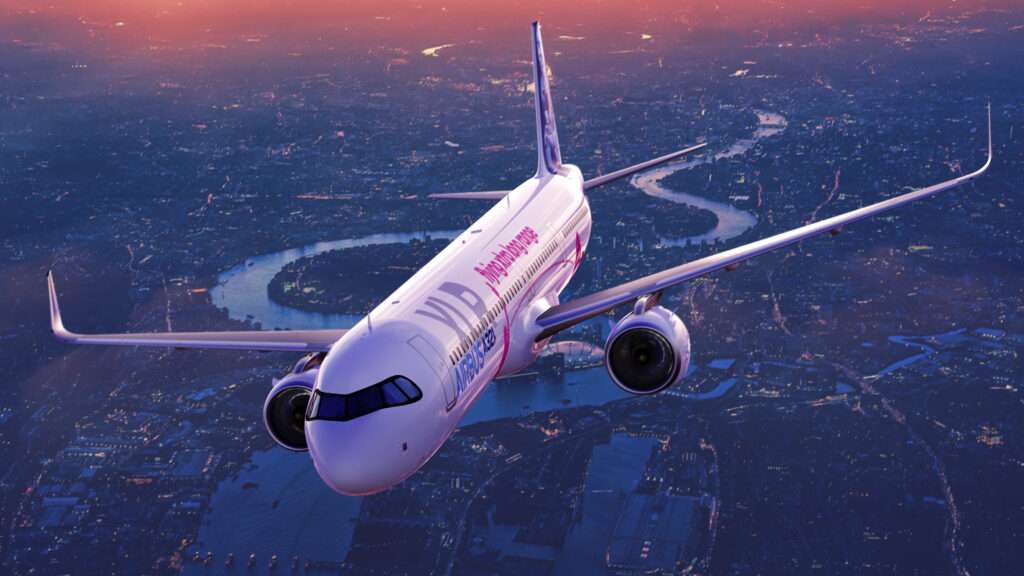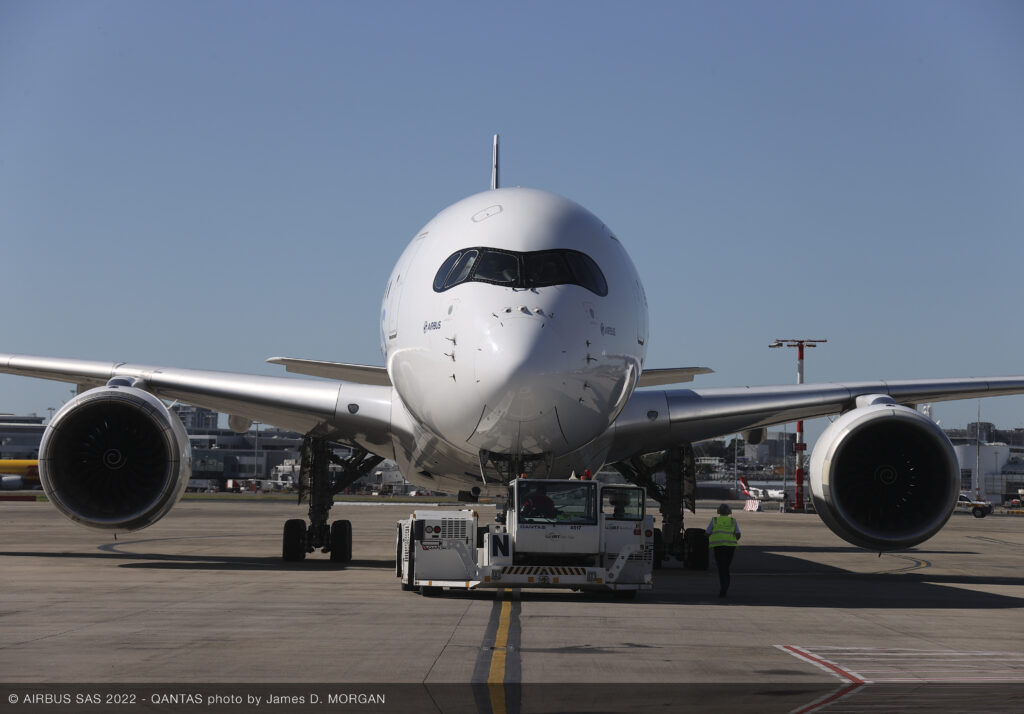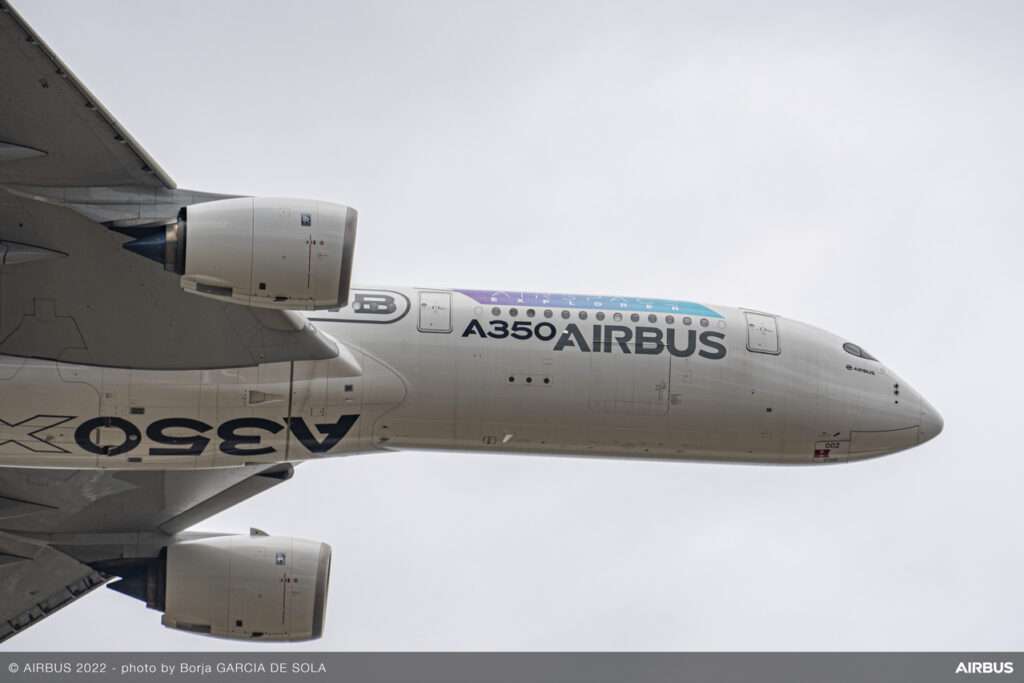Airbus SE (AIR) recently announced its financial results for the first quarter (Q1) of 2024, ending March 31st.
Airbus CEO Guillaume Faury acknowledged the ongoing headwinds of geopolitical tensions and supply chain disruptions.
Providing further context, he emphasized positive developments in order activity, production ramp-up, and key deliveries.
“Our ramp up plans are continuing, supported by the investments in our production system while relying on our core pillars of safety, quality, integrity, compliance and security,” he said.
Overall, the manufacturer enjoyed a higher revenue and profit return, amid a drive to boost aircraft deliveries.
In the commercial widebody sector, Airbus now plans to boost its A350 production rate.

Q1: A Quarter of Resilience
Despite the challenging operating environment, Airbus secured a total of 170 gross commercial aircraft orders in Q1. By comparison, this figure is up from 156 in Q1 2023.
This signifies continued customer confidence in Airbus products, particularly for widebody aircraft. This positive momentum is reflected in the robust order backlog of 8,626 commercial aircraft at quarter-end, ensuring a steady stream of future deliveries.
The company’s confidence in its widebody aircraft segment is further bolstered by the decision to increase the A350 production rate to 12 aircraft per month by 2028.
This strategic move demonstrates Airbus’ commitment to meeting growing demand for fuel-efficient, long-range aircraft popular for international travel.
Additionally, the company maintains its target rate of 4 aircraft per month for the A330 in 2024, a versatile platform catering to both passenger and cargo needs.

Production Ramps Up for the Future
Airbus remains focused on its long-term production ramp-up plans. The A220 program, a single-aisle aircraft known for its efficiency and comfort, is on track to achieve a production rate of 14 aircraft per month by 2026.
This ramp-up is crucial for Airbus to capitalize on the growing demand for smaller, fuel-efficient aircraft in the regional jet market.
Notably, the program prioritizes achieving industrial maturity and financial performance, ensuring long-term profitability alongside increased production.
Similarly, the A320 Family program, Airbus’ workhorse in the single-aisle segment, is progressing towards a targeted rate of 75 aircraft per month in 2026.
This significant increase in production capacity reflects Airbus’ confidence in the continued strong demand for these highly versatile aircraft, popular with airlines worldwide for short and medium-haul routes.
The upcoming entry-into-service of the A321XLR variant in Q3 2024 further strengthens Airbus’ position in this market segment, offering airlines an extended-range option for even greater route flexibility.

Financial Performance and Investment Focus
Consolidated revenues climbed 9% year-on-year to €12.8 billion, primarily driven by the increased deliveries of commercial aircraft (142 units compared to 127 in Q1 2023).
This signifies Airbus’ ability to navigate the challenging environment and deliver on its production commitments. However, EBIT Adjusted, a key profitability metric that excludes certain non-recurring items, came in at €577 million (down from €773 million in Q1 2023).
This decrease reflects the increased employee share ownership plan participation, a positive development that fosters employee engagement.
Additionally, Airbus continues to invest strategically for future growth, which is reflected in the EBIT Adjusted figures.
Summary
Overall, Airbus delivered a solid Q1 performance despite the challenging industry environment. The company’s strong order activity, commitment to production ramp-up, and focus on key deliveries position it well for future growth.
As the industry navigates geopolitical and supply chain uncertainties, Airbus’ strategic investments and focus on customer needs will be critical in maintaining its leading position in the global aerospace market.

Click the banner to subscribe to our weekly newsleter.

Click the photo to join our WhatsApp channel so then you can stay up to date with everything going on in the aviation industry!









